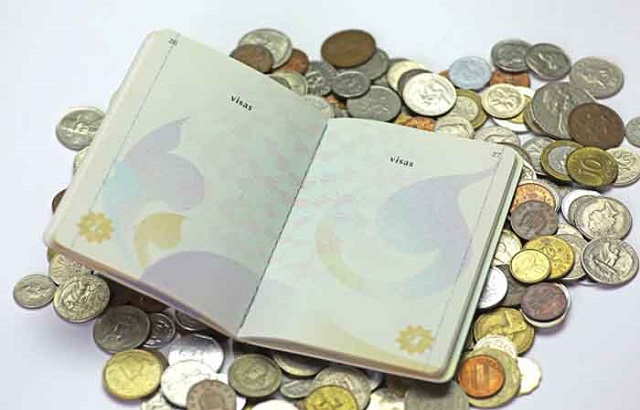With an economy in the doldrums, South Africans are increasingly looking to make use of business and investment opportunities offshore.
But it’s important to note that South African residents are subject to certain exchange control regulations.
And while these regulations have eased over the past few years, it’s crucial to understand the regulations at play in order to avoid landing in hot water with the South African Reserve Bank (Sarb), writes Bianca Botes, director, Citadel Group.
Different definitions
First, it’s important to understand what is meant by ‘South African resident’.
This refers to a resident for exchange control purposes, and differs from Sars’ definition of a tax resident in that it refers to any person (or a natural person or legal entity) that has taken up permanent residence, or is registered in South Africa.
Next, it’s important to note that all funds paid from or to South Africa need to be reported through the balance of payments (BoP) reporting system by an authorised dealer, or foreign exchange provider.
But you don’t have to approach a bank directly for these payments; you can also make use of a treasury outsource company, which may assist in obtaining beneficial exchange rates for more cost-effective transactions.
For individuals, there are essentially two main dispensations or two types of offshore allowances at your disposal.
These are a single discretionary allowance, and a foreign investment allowance.
Single discretionary allowance
Every South African resident over the age of 18 years is entitled to a single discretionary allowance (SDA) of up to ZAR1m (£49,864, $68,470, €57,525) per calendar year.
This can be used for any legitimate purpose at your own discretion, including gifts to friends or family living abroad, making online purchases of goods denominated or sold in a foreign currency, or investing in offshore investments.
To make use of your SDA, all you need is a valid green bar-coded South African identity document or smart identity card. You will not have to produce any documentary evidence to your authorised dealer, except if you are making use of your allowance for travel purposes.
If you are making use of your allowance for travel, you will need to provide certain mandatory documentation, which your foreign exchange provider should be able to offer guidance on.
Foreign investment allowance
In addition to your single discretionary allowance, every South African resident over the age of 18 years is also entitled to a foreign investment allowance (FIA) of up to ZAR10m per calendar year.
This can be used to purchase property in foreign countries, invest amounts exceeding ZAR1m, and for transfers for other purposes where you may have already exceeded your SDA.
However, when transferring funds abroad, it’s important to note that the externalised amount is not allowed to materialise in the hands of another South African resident. In other words, you cannot transfer funds to another South African resident abroad without prior consent from the Sarb.
Additionally, unlike your SDA, your FIA comes with additional restrictions.
For instance, the use of your FIA is subject to obtaining a tax clearance certificate PIN verifying your tax compliance status, green bar-coded South African identity document or smart ID card, and verifying that you are over the age of 18 years.
Exceeding your allowance
If you wish to transfer funds in excess of your SDA and FIA abroad, or above the value of ZAR11m within a calendar year, you can apply to the Sarb for permission via your authorised dealer.
You will then need to supply a motivational letter to your authorised dealer which details:
- The value of the application, or amount you would like to transfer;
- A supporting tax clearance certificate;
- Details regarding the investment;
- The reason for the investment.
Should you have any questions or concerns regarding foreign exchange transactions or moving money in and out of South Africa, seek the advice of qualified, professional foreign exchange experts.
By utilising a professional treasury company, you will also receive assistance with all the necessary administration required, including instruction, settlements, compliance and reporting, saving you valuable time and ensuring you peace of mind.
This article was written by Bianca Botes, director of Citadel Global.





